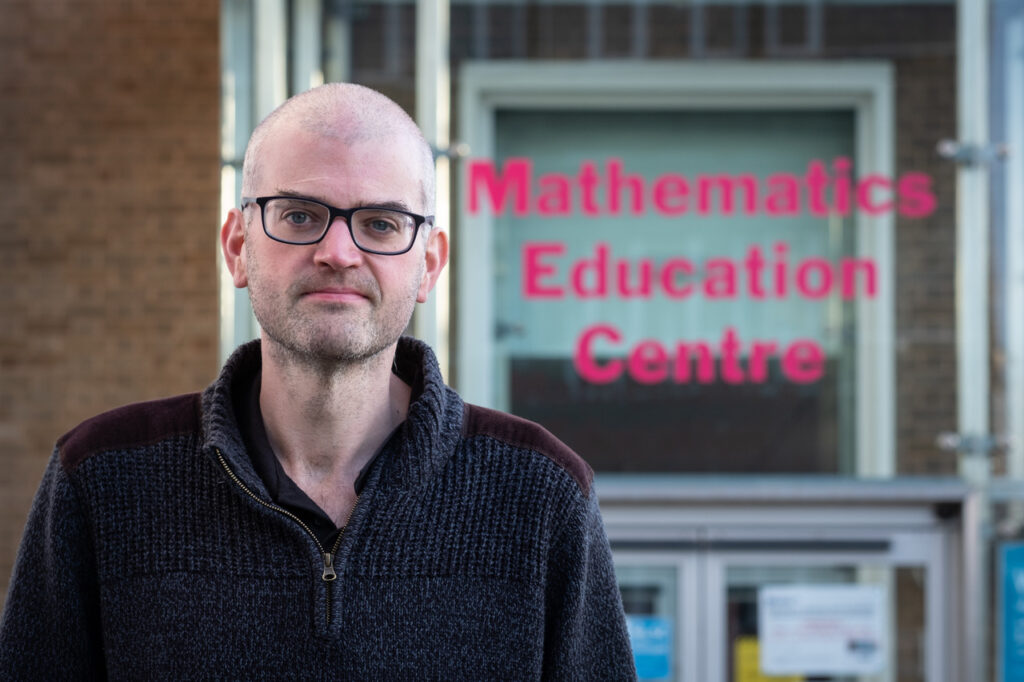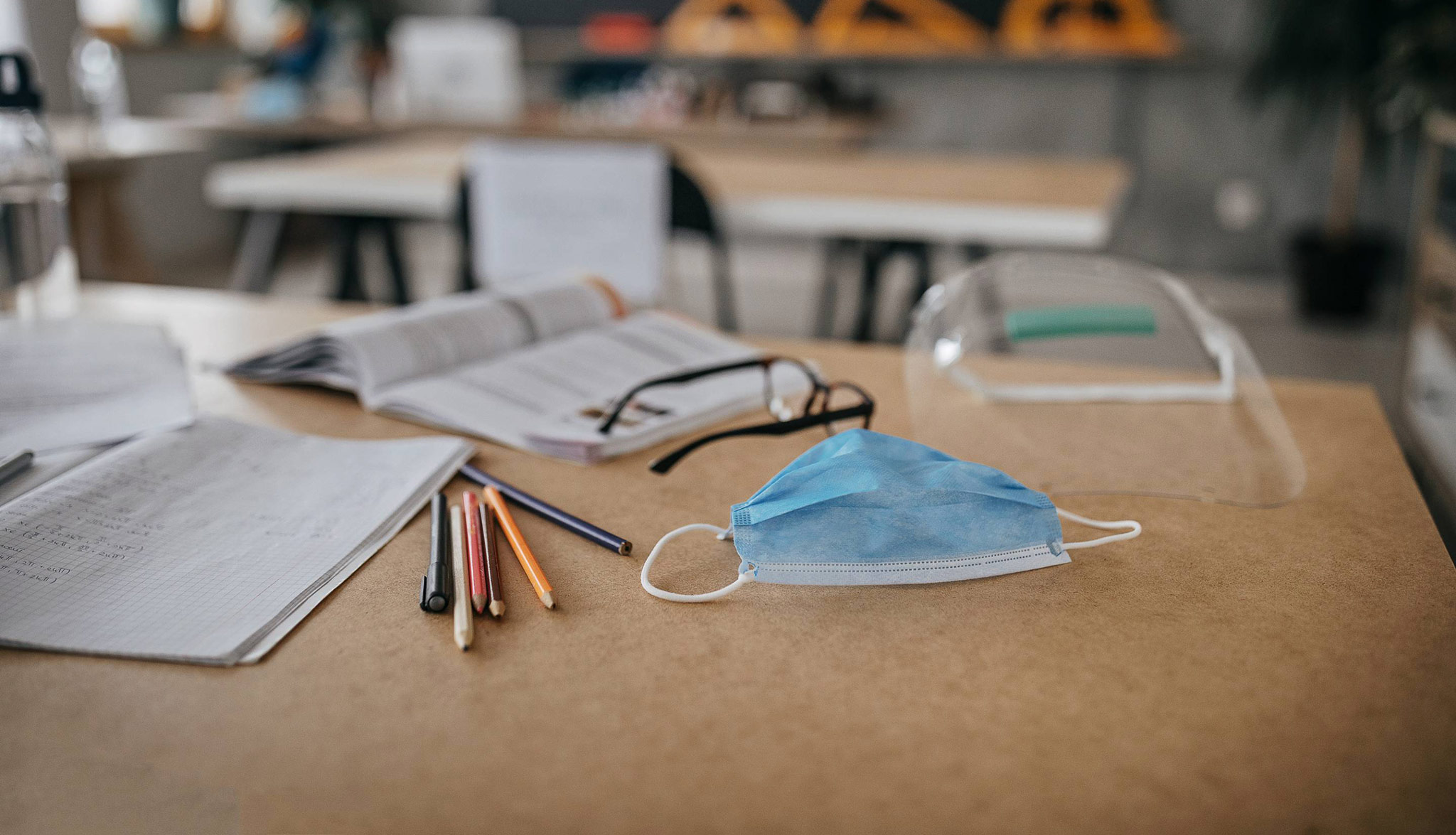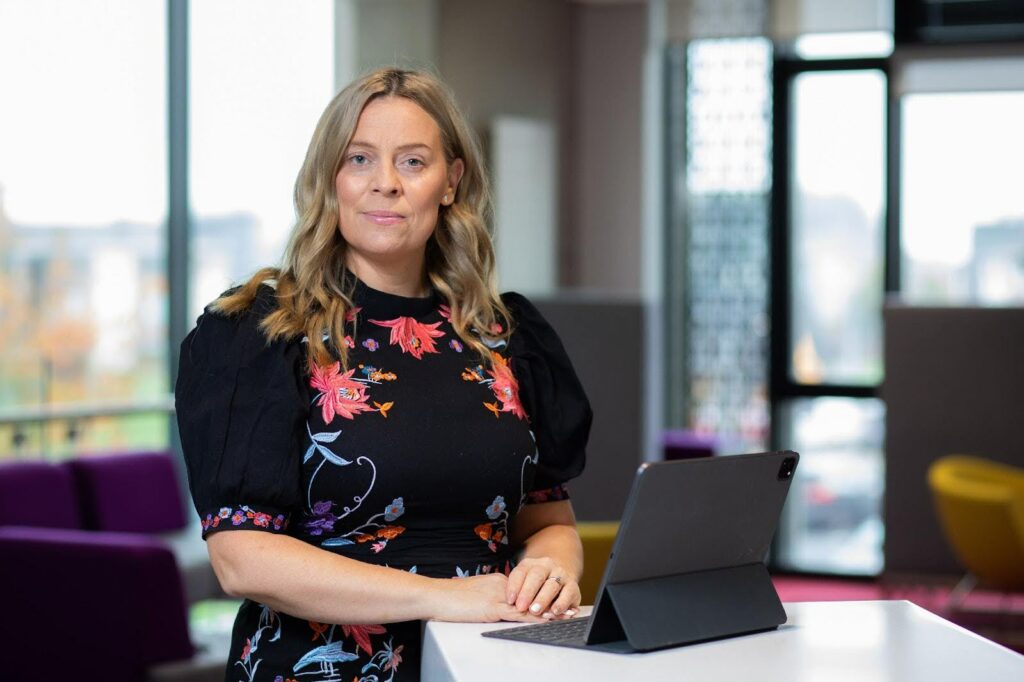Matthew Inglis is a Professor of Mathematical Cognition in the Department of Mathematics Education at Loughborough University, UK. His research aims to understand the cognitive processes involved in numerical thinking, logical reasoning, and mathematical practice. His work has been widely published across both psychology and education journals. In 2014 he was awarded the Selden Prize by the Mathematical Association of America, in 2017 he was named the Times Higher Education Outstanding Research Supervisor of the Year, and in 2021 he was awarded the British Psychological Society Book Award for ‘An Introduction to Mathematical Cognition’.


